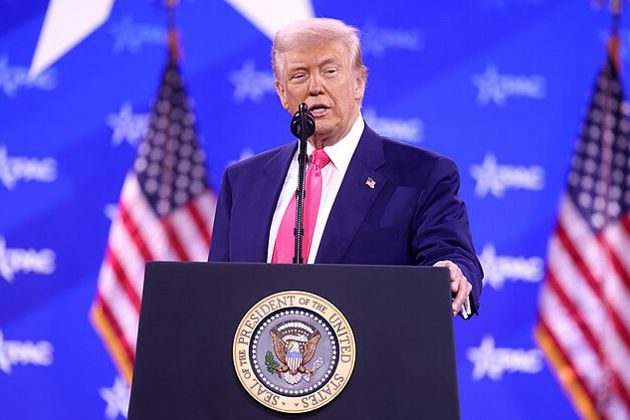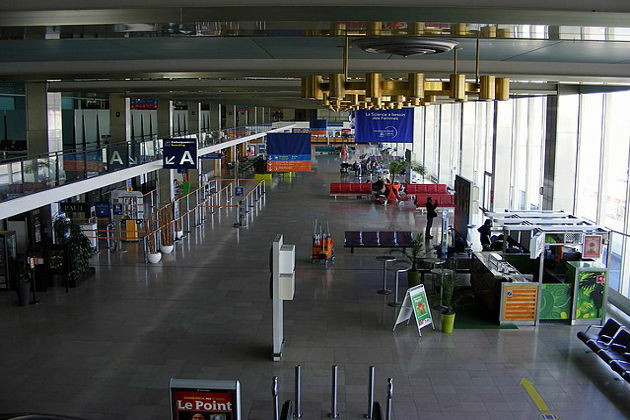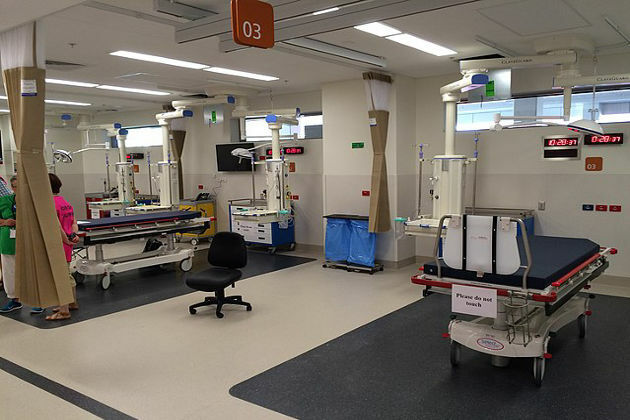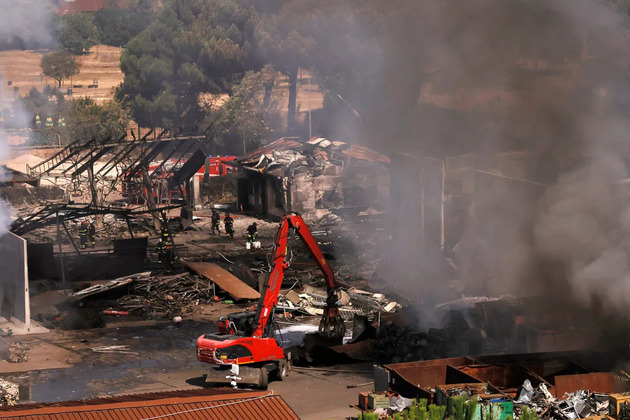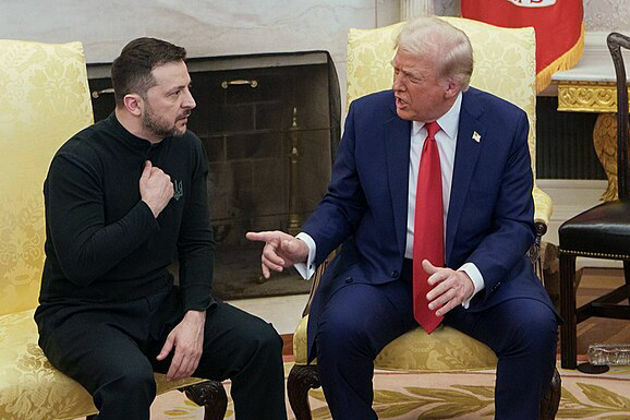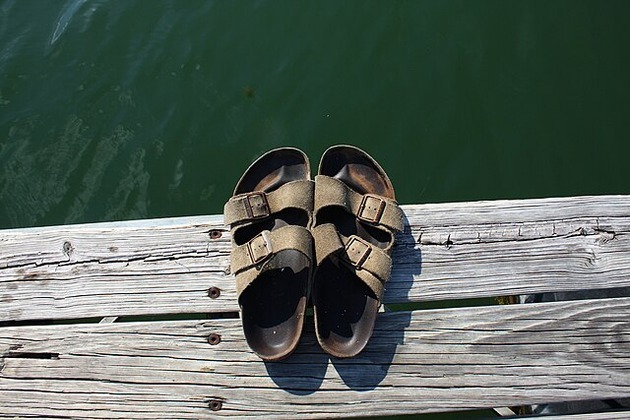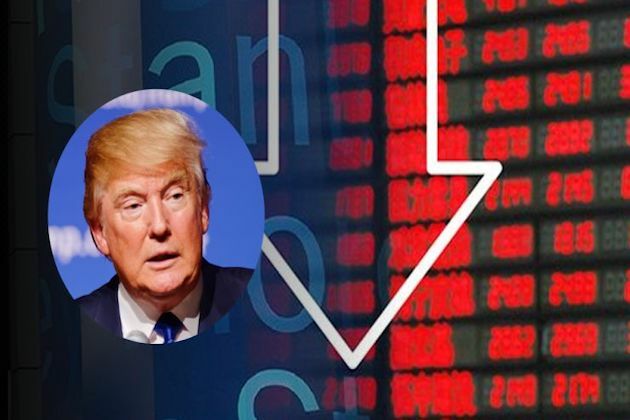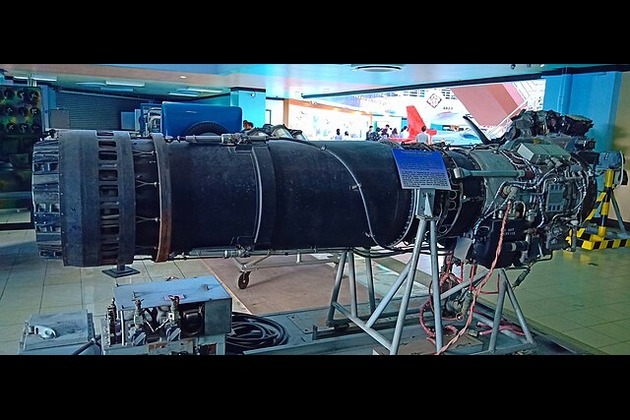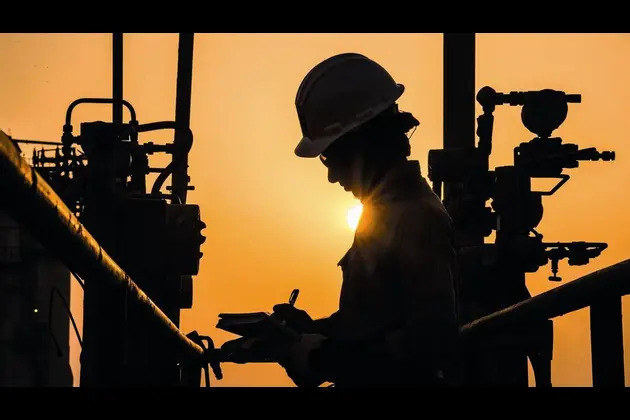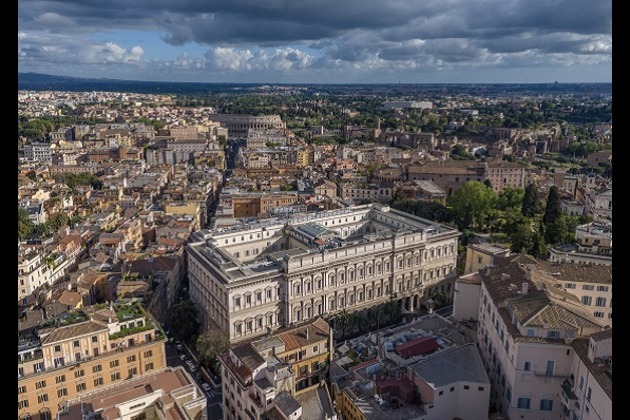Southern cooperation, myth and redemption
Pressenza
08 Jul 2025, 14:23 GMT+10
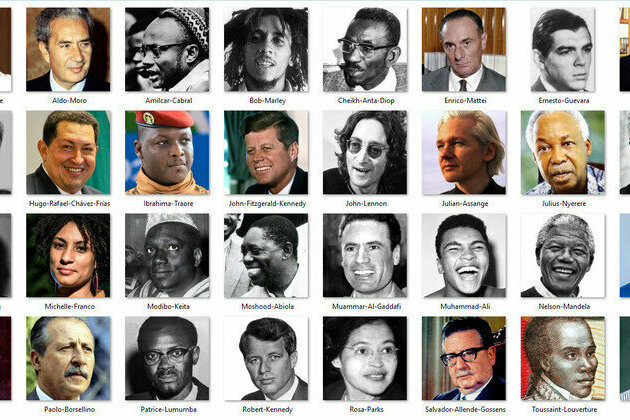
In response to Western hegemony, recent decades have seen increased partnership between regions of the Global South.
For example, under the governments of Presidents Hugo Chvez and Muammar Gaddafi, threeSouth America-Africa Summits (ASA)were held with the aim of uniting the efforts of the two continents, emancipating themselves from old models of external domination, and deciding their own future with increasing freedom.
The Bolivarian government of Venezuela has promoted several integration initiatives with other South American countries, notably theCELAC Community of Latin American and Caribbean States, which aspires to greater independence from Western influence, particularly that of the United States.
In Africa, the government of the Libyan Arab Jamahiriya, with Libya's gold reserves, had promoted the creation of a pan-African bank, which was intended to free the peoples of Africa from systemic debt to Western financial institutions (World Bank, International Monetary Fund,Bretton Woods Agreements, etc.).
The Libyan government also proposed the creation of theUnited States of Africawith infrastructure projects that would accelerate the growth of prosperity for the peoples of the continent, the cradle of humanity.
However, the mutual rapprochement between these emancipatory projects worried the neocolonial powers sometimes referred to as theNeo-East India Company.
When countries in the Global South attempt to emancipate themselves from former hegemonic powers, their representatives are generally accused of all kinds of evils and demonized by the Western mainstream to the point of justifying their removal from the scene or their elimination.
The West has spared no effort to slow Africa's growth. Gaddafi was killed in 2011 following aNATO military intervention, outside the UN resolutions and in violation of international law, under the pretext of human rights. The emancipation of Africa, so feared by the elites of NATO countries, was temporarily averted. President Hugo Chavez died in Venezuela in 2013 of anunidentified illness.
After the death of two key figures in South American-African partnership, the Pan-African Bank and United States of Africa projects were temporarily blocked and the implementation of the ASA summits was also halted after three editions: November 2006 in Abuja (Nigeria), September 2009 on Margarita Island (Venezuela), February 2013: Malabo (Equatorial Guinea). The fourth edition, scheduled for 2017 in Quito (Ecuador), did not take place.
But the rapprochement between the peoples of the South did not stop there. Twelve years after the last ASA summit, two new representatives from South America and Africa met to revitalize South-South partnership. This took place on May 9, 2025, during the celebrations of the victory over Nazism, for which many state representatives traveled to Moscow.
On this occasion, Venezuelan President Nicolas Maduro visited his Burkinabe counterpart Ibrahima Traor at the Burkina Faso embassy in Moscow. Currently, 27 bilateral agreements exist between Venezuela and Burkina Faso in the political, security, scientific, and agricultural fields. Recently, the two countries signed 14 new agreements in the fields of energy, mining, gold and oil extraction.Bolivarian Venezuela promotes President Chavez's approach to Africancountries, known as Mother Africa diplomacy.
With regard to the trend toward cooperation among the peoples of the South, it should be noted that, since January 1, 2025, theBRICShave officially welcomed nine new partner states. Together, the members and partners of the group now represent 51% of the world's population and 40% of GDP, not counting the list of countries aspiring to join.
Ultimately, NATO's practice of neutralizing independent and patriotic heads of state has not slowed the growth of the South, but has probably even accelerated it. For example,Thomas Sankarawas assassinated in 1987, but his message of freedom and independence is spreading today among young Africans for whom he represents a myth.
In September 2023, the governments of Mali, Burkina Faso, and Niger, in response to external attempts at destabilization, created theSahel Confederation. These countries, with the overwhelming support of their populations, removed NATO bases from their territory, created their own currency, developed their industry, and reclaimed their natural resources for the benefit of their respective populations.
Western countries continue to profit from Africa's cheap resources and are deeply concerned about its emancipation. Just think of the number of years that Western energy companies such as Areva have been supplying nuclear power plants in Europe and around the world with uranium extracted in Niger at rock-bottom prices. According tovery serious accusations by Nigerien President Abdourahmane Tiani, the West also uses terrorism to preserve its privileges in Africa.
In mid-April, AFRICOM commander Michael Langley falsely accused Burkina Faso President Ibrahim Traor of irregularities in the exercise of his duties. It should be remembered that such accusations are often used to demonize troublesome patriots before proceeding to their removal or neutralization. In response, on April 30, with the help of social media, hundreds of nonviolent protests spread across Africa and African diasporas around the world. Pan-Africanist groups linked to one another urged NATO not to touch President Traor, warning that if anything happened to him, therepresentations of Western multinationals in Africa and elsewhere could soon become less safeplaces.
One aspect to consider is that the peoples of the Southdespite centuries of injusticedo not harbor a particularly vengeful spirit. They simply want to regain control of their destiny and allow their children and grandchildren to enjoy the riches of their land.
This raises some questions about the West and its armed wing, NATO.
Will the West overcome its superiority complex by re-lubricating itself as normal members of humanity?
Will it be able to obtain the natural resources it needs honestly?
Will it be able to recognize the harm it has inflicted on other peoples, reconcile itself, apologize, and repair the damage it has caused?
Will it establish reciprocal relationships with others instead of engaging in endless wars over resources?
Will it assume an evolutionary role in the new multicentric and unifying world order toward a universal human nation?
There will be no real progress in the world unless it is for all and by all.
Toni Antonucci
 Share
Share
 Tweet
Tweet
 Share
Share
 Flip
Flip
 Email
Email
Watch latest videos
Subscribe and Follow
Get a daily dose of Haiti Sun news through our daily email, its complimentary and keeps you fully up to date with world and business news as well.
News RELEASES
Publish news of your business, community or sports group, personnel appointments, major event and more by submitting a news release to Haiti Sun.
More InformationInternational
SectionTikTok building U.S.-only app amid pressure to finalise sale
CULVER CITY, California: TikTok is preparing to roll out a separate version of its app for U.S. users, as efforts to secure a sale...
Trump defends use of 'Shylock,' citing ignorance of slur
WASHINGTON, D.C.: President Donald Trump claimed he was unaware that the term shylock is regarded as antisemitic when he used it in...
Summer travel in chaos as French air traffic controllers walk off job
PARIS, France: A strike by French air traffic controllers demanding improved working conditions caused significant disruptions during...
Congress weighs Medicaid cuts, sparking alarm in small-town hospitals
OMAHA, Nebraska: With Congress considering cuts totaling around US$1 trillion to Medicaid over the next decade, concerns are rising...
Gas station blast injures 40 in Rome, kids narrowly escape
ROME, Italy: Quick thinking by emergency responders helped prevent greater devastation after a gas station explosion in southeastern...
Weapons pause by Trump signals shift away from foreign wars
WASHINGTON, D.C.: President Donald Trump is drawing praise from his core supporters after halting key arms shipments to Ukraine, a...
Business
SectionBirkenstock steps up legal battle over fakes in India
NEW DELHI, India: Birkenstock is stepping up its efforts to protect its iconic sandals in India, as local legal representatives conducted...
Beijing hits back at EU with medical device import curbs
HONG KONG: China has fired back at the European Union in an escalating trade dispute by imposing new restrictions on medical device...
Wall Street reels after Trump invokes new tariffs
NEW YORK, New York - Monday's trading session saw mixed performances across U.S. and global markets, with several major indices posting...
Trump admin allows GE to restart engine sales to China’s COMAC
WASHINGTON, D.C.: The U.S. government has granted GE Aerospace permission to resume jet engine shipments to China's COMAC, a person...
Saudi Aramco plans asset sales to raise billions, say sources
DUBAI, U.A.E.: Saudi Aramco is exploring asset sales as part of a broader push to unlock capital, with gas-fired power plants among...
Russia among 4 systemic risk countries for Italian banks
MILAN, Italy: Italian regulators have flagged four non-EU countries—including Russia—as carrying systemic financial risk for domestic...


